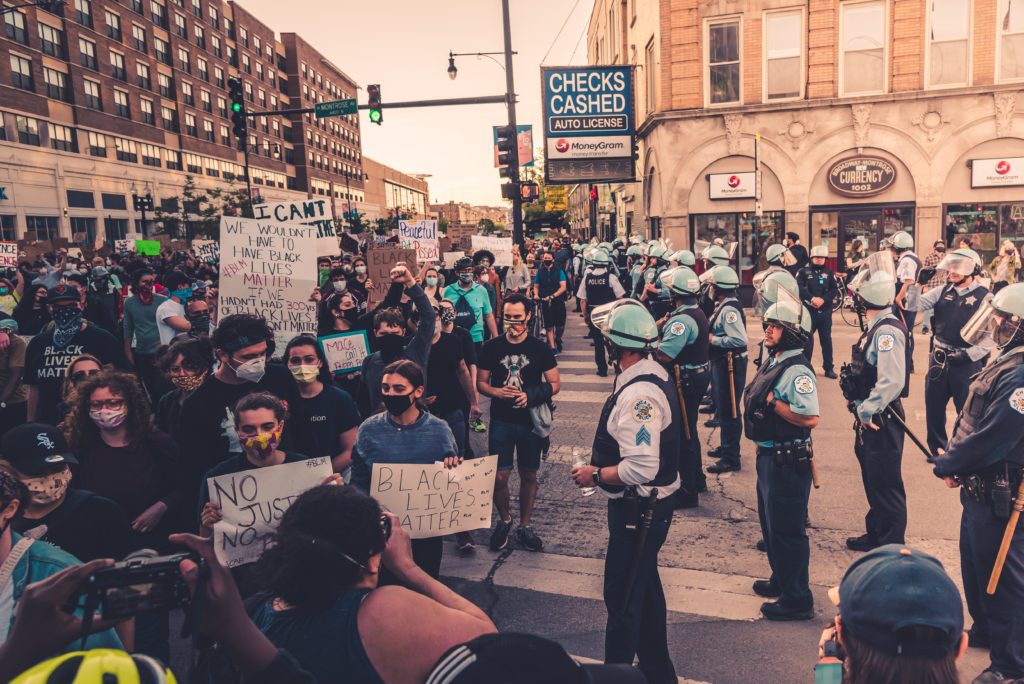Chicago is a union town. Personally speaking, I’m proud of Chicago’s rich and complex union history and of the depth of Chicagoans’ continuing support for the right of workers to organize, especially when so much of the culture and mindset of the United States opposes organized labor.
Chicago’s support for unions goes double for the Chicago Teachers Union, especially from the vast majority of Chicago Public Schools parents. Last fall, polling showed that CPS parents were more likely to support the teachers’ demands than other city residents were. And I was among them.
Teacher unions all over the country have looked to the CTU for leadership on how to combine social justice demands that benefit students and neighborhoods with traditional wage-and-benefit contract bargaining. The CTU has also made smart alliances with community organizations around the city to push for more resources in Chicago’s most underserved neighborhoods. (And yes, CTU puts money into those relationships. And they are about more than money.)
At the same time, I recognize that in our union town it can be difficult to speak critically about unions when they need to hear hard truths. With that in mind, I’m sharing a letter a former teacher wrote me by email expressing concerns about the ways in which teacher unions and police unions both protect their members at the expense of the people they serve. The former teacher has asked me to share this letter anonymously in order to stay employed and maintain professional working relationships. I hope my sharing this letter will spark constructive conversation about how to solve the problems the writer points out.
Letter: Teacher Unions Are More Like Police Unions Than They Want to Admit
Teachers unions don’t like to affiliate themselves with police unions. The Chicago Teachers Union (CTU) recently advocated for pulling Chicago police from the city’s schools. As we see the police brutality against Black people continue unabated even as the light of transparency increases, police unions are not very popular. They protect rogue and abusive police officers and have for hundreds of years. They fight reform and any sorts of limits on their power.
And they do their job well. Derek Chauvin, the Minneapolis police officer, who brutally killed George Floyd, had 18 prior complaints against him and still had his job. Police unions are effective at protecting their members.
And it is the same with teachers unions. When police officers or teachers are accused of wrongdoing, it is the union that supplies the public relations spin, the lawyers and the defense.
Teacher unions want you to believe that they are about students, that they are social justice warriors, fighting for sanctuary cities, DREAMers and others, but their fundamental purpose is to increase teachers’ pay, lower their class sizes and protect their jobs. And in these roles, they are successful. When I was a teacher, that is what I wanted from my union.
It is not the union’s job to protect students; their job is to help teachers keep their jobs. Sadly, this is still the teacher union’s job, even when teacher members are sexual molesters and otherwise abusive. In the 2018 series Betrayed, the Chicago Tribune uncovered hundreds of cases of sexual assault and abuse by teachers and school staff in Chicago’s public schools over the previous 10 years; there are myriad examples of predators moving from school to school. It is impossible to know the exact number because records are spotty.
In Betrayed, there is evidence of the failings of every step of the school system while the CTU remained silent. Apparently, their leader, Jesse Sharkey, “missed” the emails from investigators. What could he say?
When Police and Teacher Unions Fight Accountability, We Can’t Let Them Win
It is not hard to argue that these recent actions of both police and teacher unions are not in the public interest. Both enjoy significant political power from supporting elected officials who advocate for them. The unions often fight any legislation aimed at increasing teacher accountability and transparency or eroding the robust job protections that teachers and police officers enjoy.
Sadly, almost everyone has a story of a bad teacher. When I was a teacher, I had a colleague who was just waiting to retire. For two years, I saw the energetic and intellectually curious 6th graders in her class shrivel. It was heartbreaking.
The barriers to firing ineffective–not to mention harmful or predatory– teachers are almost insurmountable thanks to tenure laws, which give teachers almost 100% job protection once they have taught for a few years. This probationary period is different in different districts, but teacher unions always fight for the shortest probationary period possible.
Both teachers and police officers work with the public when they are at their most vulnerable. You could argue that teachers, especially, have the greatest impact on our future as a country. For the United States to work for everyone, teachers and police officers must serve and protect consistently and equitably, and, when they don’t, they should lose their jobs.
To me, it is crazy that this is a contentious statement. Protecting bad teachers and police officers is dangerous for everyone, but it is exponentially worse for communities with less power and fewer resources. Too often, these communities are mostly Black and Brown.
I applaud teacher unions for speaking out against abusive police officers in schools, but I hope they will go a step further and consider how their own policies make it hard for every child to have the great teacher they deserve.
Maureen Kelleher
Latest posts by Maureen Kelleher (see all)
- CPS Parents Wanted for Research Study - March 27, 2023
- Tomorrow: Cure Violence with #Belonging - August 17, 2022
- Still Looking for Summer Camp? - June 13, 2022
